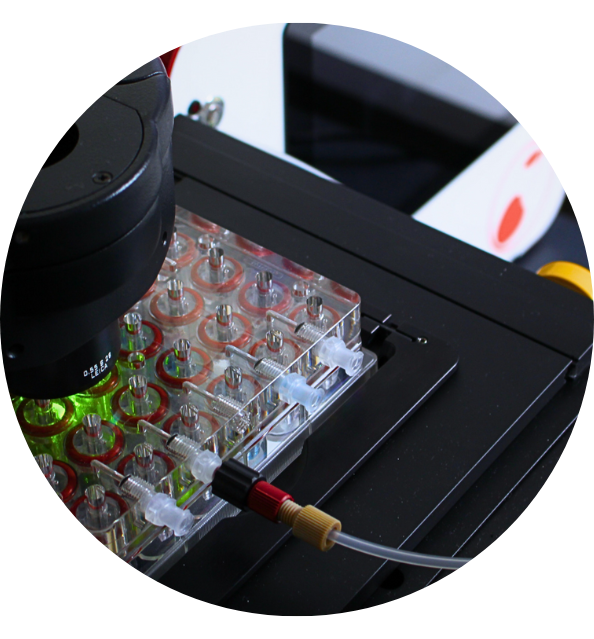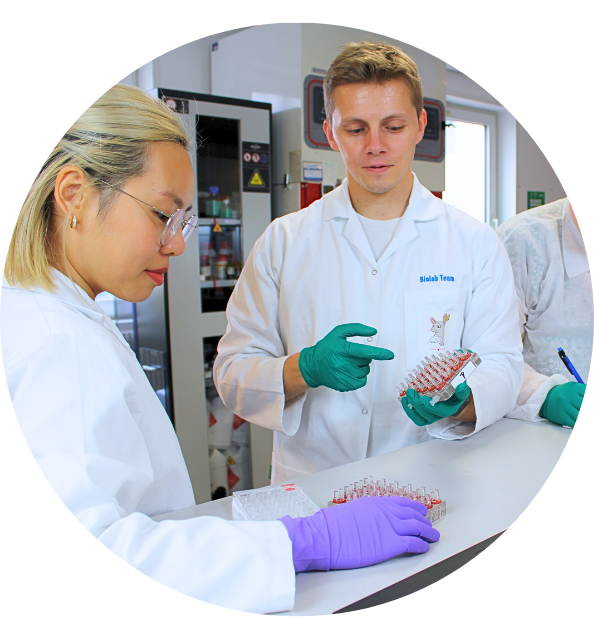Who is Dr. Wikswo?
John is the founding Director of the Vanderbilt Institute for Integrative Biosystems Research and Education (VIIBRE). He is also the Gordon A Cain University Professor; a B Learned Professor of Living State Physics; and a Professor of Biomedical Engineering, Molecular Physiology and Biophysics, and Physics. John earned his PhD in physics at Stanford University (CA, USA). After serving as a Research Fellow in Cardiology at Stanford, he joined the Department of Physics and Astronomy at Vanderbilt University (TN, USA), where he went on to make the first measurement of the magnetic field of an isolated nerve. He founded VIIBRE at Vanderbilt in 2001 in order to foster and enhance interdisciplinary research in the biophysical sciences, bioengineering and medicine. VIIBRE efforts have led to the development of devices integral to organ-on-chip research. He is focusing on the neurovascular unit-on-a-chip, heart-on-a-chip, a missing organ microformulator, and microfluidic pumps and valves to control and analyze organs-on-chips.
 John P Wikswo Vanderbilt University, Nashville, TN 37235–1807, USA john.wikswo@vanderbilt.edu
John P Wikswo Vanderbilt University, Nashville, TN 37235–1807, USA john.wikswo@vanderbilt.edu

Discover Cubix
The sum of the next-generation 3D cells culture technologies.
Dr. Wikswo and Organ-on-a-chip
In an interview, Dr. Wikswo give is a vision of the future of organ-on-chips.
-He particularly speaks about what would be the biggest challenges for organ-on-a-chip research in the coming years. He mentioned the possibility to maintain “3D tissue alive for an extended period of time”, or “how to build a compact, low-cost and reliable way to meter fluids into the organs for at least a month”. He furthermore spotted the difficulty to connect several organ-on-a-chip.
-Regarding body-on-chip, Dr. Wikswo expressed is willing to see this technology done, and the way to build homunculus.
-He finally present is research in a limitless funding situation: “I would start an intensive program to characterize the response of different organs: animal organs in vitro, animal cells in culture, human cells in culture and human cells used to create OOACs“
Download the full interview here
Bibliography/Sources
Looking to the future of organs-on-chips: interview with Professor John Wikswo
Pierre is incubated in our Entrepreneurship school. LEARN MORE.

Discover the CubiX
Emulating human cell & tissue physiology


